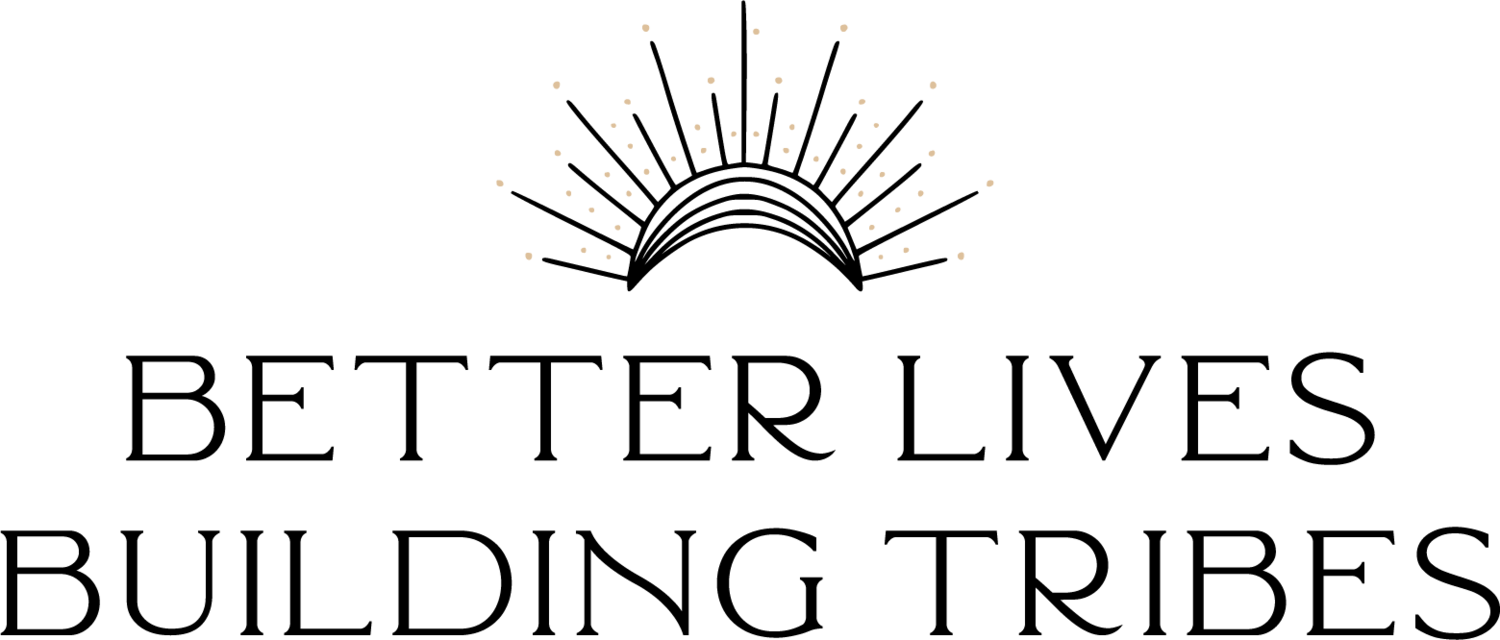Overachievers are often praised for their reliability, excellence, and drive. Yet the very habits that produce success can deepen stress, disconnect you from your body, and keep you from addressing what hurts. If you identify as a high performing student, a perfectionist professional, or a caregiver who never stops, this article is for you. Doing more is not always healing. Sometimes it becomes a distraction from what actually needs care.
What it means to be an overachiever
Overachievement is not just about long hours or high grades. It is a pattern of tying self worth to performance. It is the quick hit of relief you feel when a project is perfect, followed by a new round of pressure the next day. It is the quiet fear that if you slow down, you might have to feel something that is uncomfortable. This pattern can be learned in families, schools, workplaces, and cultures that reward output over well being.
Students, perfectionists, and caregivers
Students. Many high performing students use achievement to manage anxiety. The calendar becomes crowded with AP classes, honor societies, internships, and athletics. The effort is real and admirable. But without rest and support, pressure can collapse into burnout, panic, or procrastination that looks like laziness but is really overwhelm.
Perfectionist professionals. Perfectionism promises safety. If you get it right, you will be safe from criticism or regret. In practice, perfectionism increases stress and reduces creativity. It also makes mistakes feel like personal failures rather than natural parts of learning.
Caregivers. Parents, health workers, and those supporting aging relatives often live with a constant internal alert. The task list never ends. Many caregivers report that accepting help feels harder than giving it. Over time, compassion fatigue sets in. It becomes difficult to feel joy, and resentment quietly grows.
Why doing more stops working
Doing more can keep anxiety at bay for a while. Eventually the body asks to be included. Sleep gets light or short. Concentration dips. Emotions feel either muted or too intense. You promise yourself that things will be easier after the next deadline or season. But without new skills and support, the cycle repeats. It is not a motivation problem. It is a nervous system problem.
Signs you might be stuck in the trap
- You cannot rest without feeling guilty.
- You avoid feedback or seek constant reassurance.
- You feel empty or irritated even after you hit a goal.
- You have trouble naming your needs or asking for help.
- Your self talk is harsh, and the bar keeps moving higher.
- You postpone medical, mental health, or basic self care because of time.
How therapy helps overachievers in Colorado
Therapy gives you a place to put the armor down. In my work with clients across Colorado, including online therapy for Colorado residents, we focus on stabilizing the nervous system, building self compassion, and creating practical routines that allow both achievement and well being. Therapy helps you move from survival mode to sustainable growth.
Step 1: Regulate before you analyze
When stress is high, thinking harder does not fix it. Your body needs signals of safety first. We practice grounding, paced breathing, orienting to the room, and other body based skills so that your system can downshift. Regulation makes insight possible. Without it, insight can become another way to judge yourself.
Step 2: Redefine success
Overachievers are good at meeting external demands. Therapy reinforces internal measures that include energy, connection, and meaning. We set goals that account for capacity. Instead of chasing more, you learn to ask, is the way I am working sustainable, and does it align with my values.
Step 3: Practice kinder self talk
Harsh internal language may feel like it keeps you sharp. In reality it drains motivation and increases anxiety. We replace global judgments with neutral observations. For example, switch from I am failing to I am at my limit today. What would help. This small shift opens room for problem solving and support.
Step 4: Build ask and receive muscles
Many overachievers believe independence equals strength. In therapy we practice specific asks, such as, can you pick up the kids Tuesday, or I need your eyes on this draft by noon. Learning to receive help without apology is growth. It is also how communities become stronger.
Everyday tools that actually help
- Two minute resets. Pause twice each day to breathe slowly, look around the room, and relax your shoulders. Ask, what am I feeling, and what do I need next.
- Bounded effort. Work in focused 50 minute blocks followed by a 10 minute break. Short breaks reduce decision fatigue and improve memory.
- Good enough lists. Limit daily priorities to three. Everything else is optional or scheduled later. This protects focus and reduces overwhelm.
- Repair scripts. When you snap at someone, try, I was at my limit and took it out on you. I am sorry. Here is what I will do differently next time. Repair quickly, do not wait for perfect.
- Care swaps. With a friend or partner, trade a small supportive task each week. For example, I will make dinner Wednesday if you handle the school form. Make support visible.
What about high standards
Healthy standards are not the problem. The problem is a standard that ignores human limits. A sustainable standard includes rest, help, and repair. It also allows you to be a whole person, not only a producer. When you widen the definition of success, you are able to keep your standards where they matter most and relax them where they cost too much.
Support for students, professionals, and caregivers in Colorado
Better Lives, Building Tribes provides therapy in Colorado for students, professionals, and caregivers who want to work differently. Whether you are in Denver, Boulder, or a rural community, https://betterlivesbuildingtribes.com/ offers resources and online scheduling. With telehealth, you can meet from a private space without adding commute time. Together we will build routines that support your mind, body, relationships, and goals.
Frequently asked questions
Will therapy make me less ambitious
No. Therapy helps you channel ambition in a way that does not burn you out. Most clients become more effective because they learn to work with their body rather than against it.
How long until I feel different
Many clients notice changes in the first month as they practice regulation and self talk skills. Deeper changes continue as you build capacity and apply tools to real life stress.
Can I do therapy if my schedule is packed
Yes. Many high performing clients meet during lunch, early mornings, or evenings. Online therapy in Colorado makes it possible to get consistent support without major disruption.
Bottom line
Doing more cannot heal what needs compassion. Overachievers thrive when they learn to include rest, help, and honest connection in their definition of success. Therapy provides a structured, caring space to learn these skills and to practice them in real life.
Get started
If you are ready to begin your next chapter, schedule with Dr. Meaghan Rice today at https://betterlivesbuildingtribes.com/schedulewithdrmeaghan/ or call (303) 578-9317.

